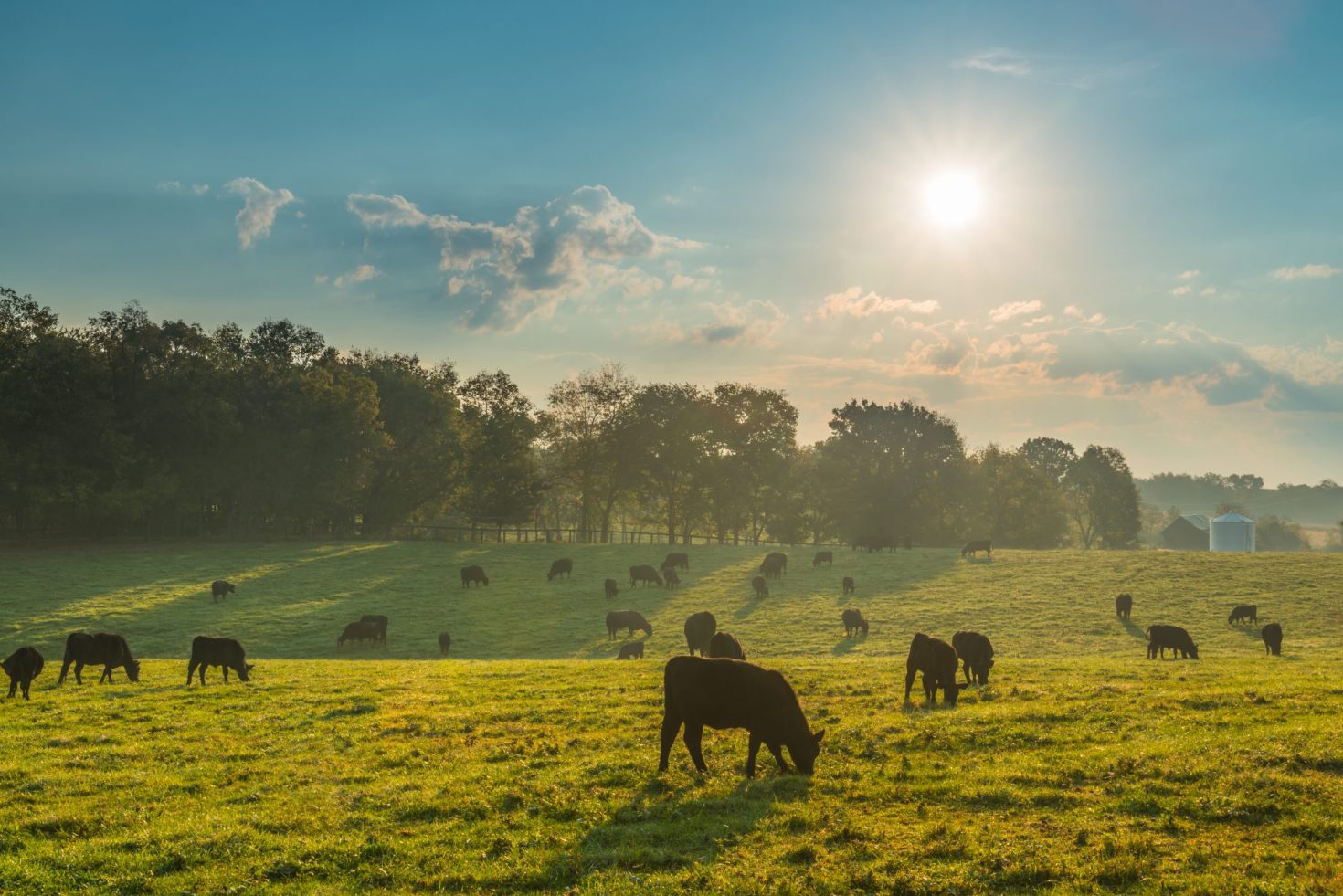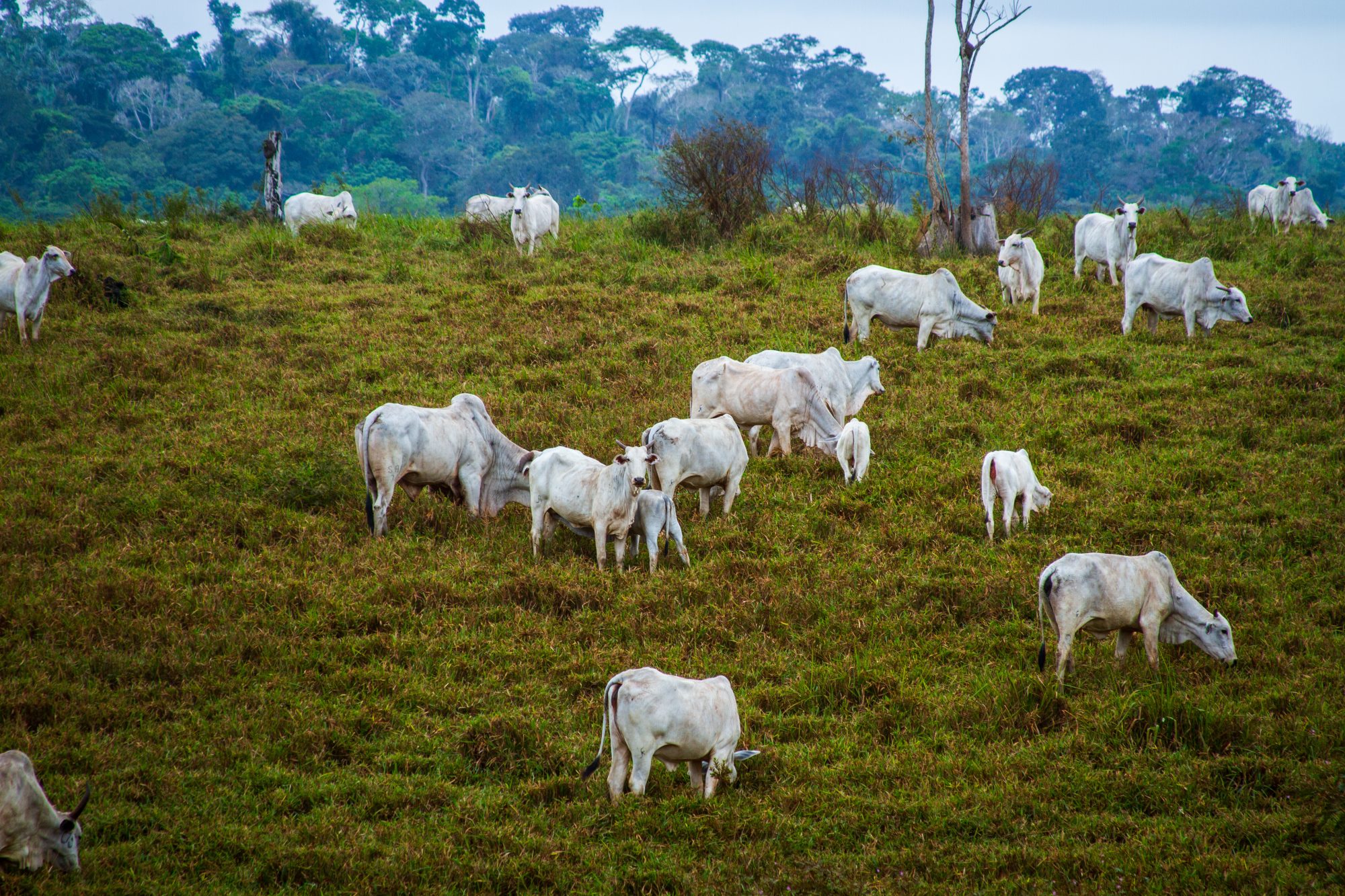Now Reading: How food companies like Danone and Giant are tackling methane pollution
-
01
How food companies like Danone and Giant are tackling methane pollution
How food companies like Danone and Giant are tackling methane pollution

In the food industry, companies from meat producers to retailers are exposed to various levels of climate risk due to methane emissions, with livestock accounting for a significant portion of these emissions. Retailers selling dairy, beef, and pork products are particularly susceptible to methane risks. However, all companies can take steps to mitigate methane pollution, manage risks, and improve profitability and food system resilience, as outlined in a recent Ceres report analyzing methane risk exposure in the food industry.
Leading companies like Hershey, Cargill, and General Mills are taking action by disclosing methane emissions, setting reduction goals, integrating methane strategies into their plans, and advocating for supportive public policies. By focusing on their supply chains to reduce methane emissions from agriculture, food companies can make a significant impact. Those that work closely with farmers and ranchers who supply their products have more options for reducing methane emissions compared to those that do not.
The analysis shows that packaged foods and meats companies producing dairy, beef, and pork products face the highest methane pollution risk in the industry, with up to 90% of their emissions coming from methane. These companies are well-placed to address methane-related risks by collaborating within their supply chains. For instance, Danone works with thousands of farmers to implement methane-reducing practices and supports projects like methane-inhibiting feed additives and improved cattle genetics.
Food retailers, including grocery and convenience stores, also face climate risks from livestock pollution due to meat and dairy sales. To reduce their climate impact, they must address methane emissions in their supply chains. Retailers can partner with suppliers to support farmers in managing methane risks and encouraging innovative solutions across the industry. Companies like the Giant Company are working towards sustainable supply chains by collaborating with organizations to promote best practices in dairy production.
Reducing methane pollution from livestock requires collective efforts from all actors in the food industry. Companies like Danone and the Giant Company serve as examples of how companies can accelerate the adoption of lower-methane practices, enhance risk management, and ensure profitability and supply chain resilience. Implementing methane strategies and engaging with supply chains can help food companies drive innovation and advocate for policies that align with their sustainability goals.






